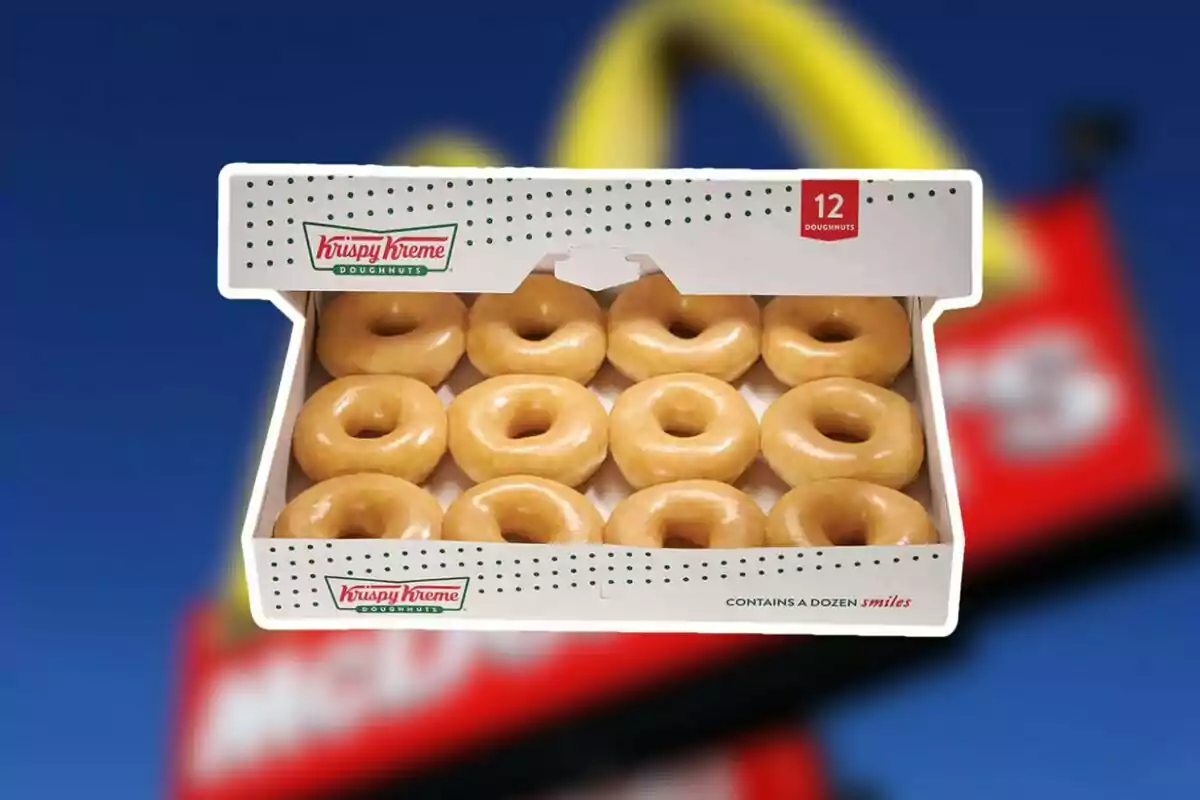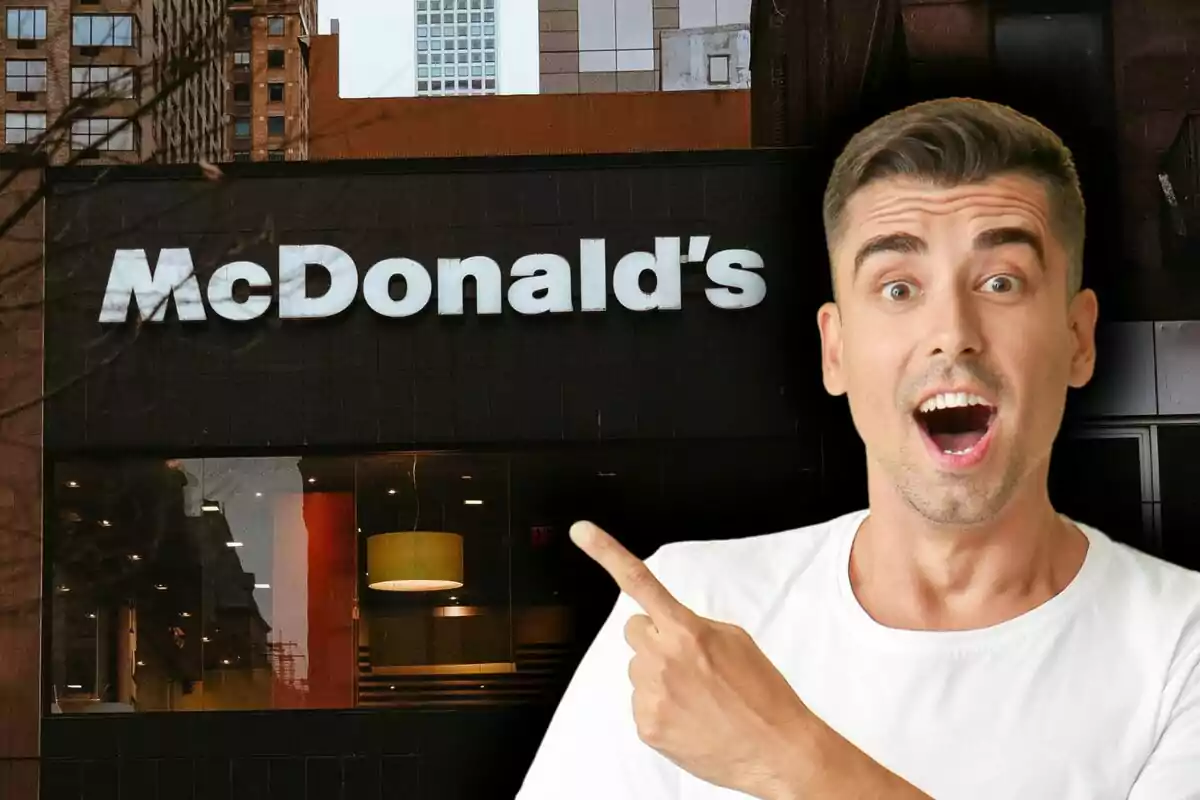It was one of those partnerships that seemed made to succeed. Two fast food giants, McDonald’s and Krispy Kreme, joined forces with an ambitious goal. To bring the country’s most famous donuts to the breakfasts of millions of Americans.
From the start, the idea caused excitement. Customers imagined ordering their morning coffee with a glazed donut without having to change restaurants. Everything seemed set to become a new commercial success.

A McDonald’s bet that started strong
Everything began with a pilot phase in 2023 in Kentucky. Three classic flavors were offered: the original glazed donut, another topped with chocolate sprinkles, and a third filled with cream. The experiment was then replicated in 160 locations.
After the initial success, the project took off. In March 2025, Krispy Kreme announced that its products could already be found in more than 2,400 McDonald’s. The chosen areas were Indiana and Kentucky, as part of a first major expansion.

The goal was ambitious: a nationwide rollout at participating locations before the end of 2026. But just two months later, the first obstacles arose. Krispy Kreme publicly acknowledged that it was reviewing the entire plan.
The end comes sooner than expected
In May of this year, the donut chain announced that it would not add new stores in the second quarter. According to their explanation, the necessary conditions for shared profitability were not being met, and the model needed to be reconsidered. Finally, the news was confirmed: on July 2, the partnership will officially end, and both companies announced it in a joint official statement.
From McDonald’s, the tone was respectful: "They delivered an excellent, high-quality product," said Alyssa Buetikofer, Chief Marketing Officer. She added that business sustainability was also a priority. Meanwhile, Krispy Kreme CEO Josh Charlesworth clearly explained the reasons: "We couldn't adapt our costs to unit demand," he said.
That made the agreement unviable in the long term. The burger chain added that donuts represented a non-essential part of its menu. Their removal will not materially affect the breakfast business; still, for many customers, it is a disappointment.
What seemed like a winning collaboration has fallen by the wayside. No national expansion, no new cities. Just a definitive pause in a relationship that seemed to have everything it needed to work.

